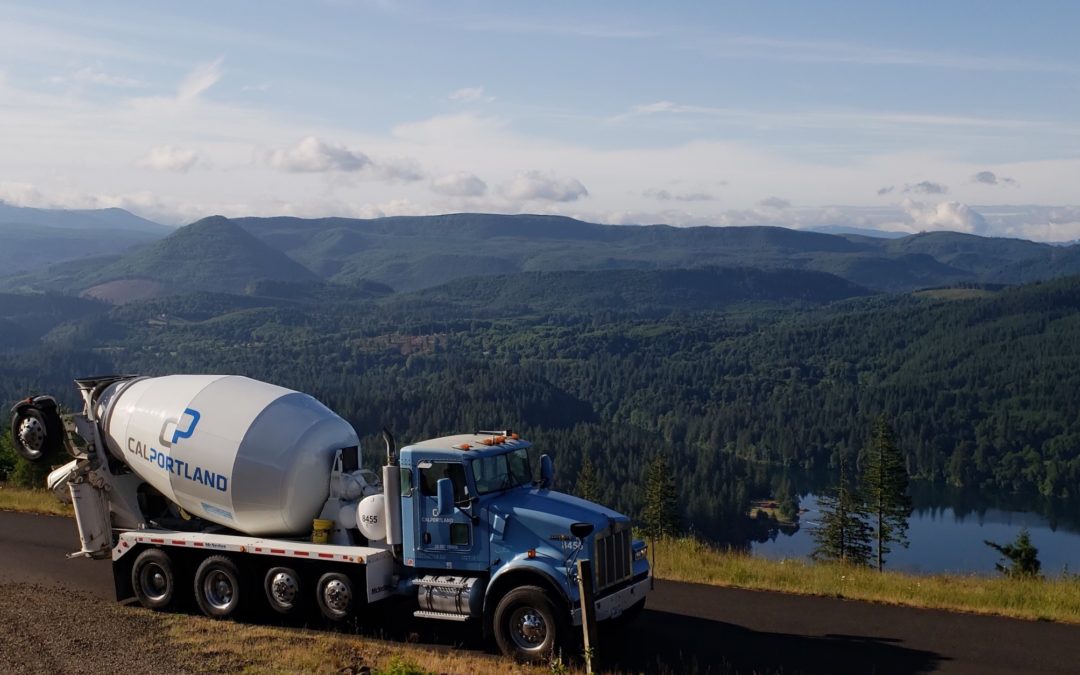For women in the construction industry today, the question is not “how do we succeed in the industry?” it’s “how do we continue to succeed in the industry?”
Right now, more women are working in the construction industry than any other time in history. So, if that’s the case, then why does that record percentage only make up 10% of the industry as a whole? Women in the United States make up 57% of the country’s workforce. So, logic would say that women should also make up higher than 10% of the construction industry, right?
So how do we get there?
1. Discover all available opportunities.
For most of us, unless we grew up with a parent or family member in the construction trade, we had little to no exposure to the field as any sort of a career option. So, when it gets time to start deciding on a career, or a career change, the construction industry isn’t always an immediate or obvious choice.
How do we fix it? Find out what you’re passionate about, or what your natural talents are and go from there. The construction industry is more than swinging a hammer or driving a truck. There are an almost unlimited number of avenues and paths available— from manual “boots on the ground” jobs, to truck driving, to safety, environmental, sales, quality control, billing/accounting, dispatch, and office management. The construction industry is unlike any other, and it needs as many people as it can get with different skills, talents, strengths, and abilities to keep it moving forward.
2. Don’t be afraid to keep learning.
Learning, growth, and education— these are essential for every part of life. So naturally, they would be important in a career as well.
Don’t be afraid to keep learning. Continue learning about your trade, your industry, your company, your job— everything. Learn new skills to make you better at your job. Learn new techniques to make you a desirable candidate for promotion. Learn about what you could be doing better. If you have peaked, either skill wise or personal fulfillment in your current role, you can always reach out and discover new opportunities that are available for growth. Take the skills and knowledge you’ve gained and put them towards learning something new and beneficial for you and your industry.
Learning is also how we combat old, outdated ways of thinking. We have come a long way from a time when the idea of women in an industry or trade field was only acceptable during times of war and desperation. However, just like anything else, there are those underlying ideas that still linger. So, how do we prove them wrong? How do we show that women not only belong in the construction industry, but are in fact pivotal to its growth and existence? We become as informed and as knowledgeable as we can.
3. Be confident and never apologize.
This has the possibility of being taken to mean that a way to succeed is to be confrontational or unkind and that is not it at all. It means to always remember that you belong.
Women belong in the construction industry just as much as men. You were not awarded a special favor by being allowed to join. The qualifications were not lessened to make you eligible. There is nothing wrong with wanting to be a woman in construction. Whether you want to work at a desk, answering emails and working on account billing, or if you want to be out on a job site getting dirty. Be confident in your abilities, and in your own mind. Speak up when needed, ask questions when you don’t know something, suggest changes if you see a unique way something could be done. And never apologize for knowing what you want and going after it. You want to work in the construction industry? Do it. Don’t ask permission, don’t ask if it’s okay, just pursue your goals without hesitation. Your skills, determination, and voice are important and are needed in your chosen industry, so never apologize for being good at what you do.

Mattie Roseman is the Administrative Services Representative for CalPortland’s OR/SW Washington Division’s regional office, where she runs the division’s Prevailing Wage, Social Media, and Outreach. She joined CalPortland in June of 2020, after moving to the PNW from Northern California where she was a High School English and History teacher.

